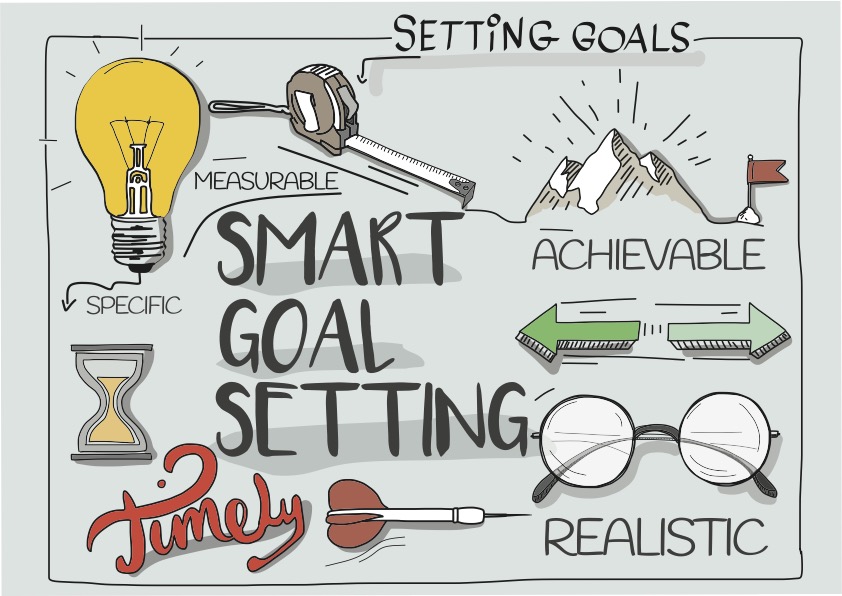Boost Self-Confidence: Practical Tips for Success in Life and Work
Introduction
Self-confidence is crucial not only for salespeople but for anyone aiming to thrive in their personal or professional life. Whether persuading your boss for a raise or encouraging your children to complete their homework, confidence plays a pivotal role. It empowers individuals to take risks, build meaningful relationships, and achieve their goals. In this comprehensive article, we’ll explore practical ways to enhance your self-confidence, enabling you to become a more effective communicator, leader, and problem-solver. Regardless of whether you’re an introvert or extrovert, these tips will help you cultivate a stronger sense of self-assurance, leading to greater success in all aspects of life.
By implementing an actionable strategy today, you can shape your tomorrow’s reality. To that end, here are my four main points to help you get started:
Practice self-care for Enhanced Confidence
Self-care plays a critical role in boosting your confidence. Cultivating a healthy body and mind will enable you to extend your boundaries and feel positive about yourself. Consider these practical steps to incorporate into your daily routine:
- Exercise: Engage in physical activities you enjoy, such as running, dancing, or swimming. Completing a workout releases endorphins, uplifting your mood and reducing stress.

- Sleep: Aim for 7-8 hours of sleep, as recommended by scientists, to reduce fatigue, stress, and enhance concentration. Avoid consuming food at least 3 hours before bedtime to prevent overloading your digestion system during sleep.
- Healthy Diet: Adopt a healthy eating routine to sustain your energy levels throughout the day. Limit processed food, alcohol, and caffeine consumption.
- Practice Relaxation Techniques: Embrace mindfulness techniques to manage emotions effectively. Find what works for you and build a healthy routine. A confident person can handle emotions well, avoiding triggers for anger.

Focus on Your Strengths to Achieve More
Understanding and capitalizing on your strengths is key to achieving more with less effort. Follow these steps to emphasize your strengths and improve your weaknesses:
- Identify Your Strengths: Take time to identify your skills and what you excel at. Write them down and revisit the list regularly.
- Expand on Your Strengths: Once you’ve identified your strengths, consider ways to expand them. For instance, if you’re good at storytelling, attend a public speaking class or join a Toastmasters club to enhance your speaking skills.
- Seek Feedback from Others: Ask friends or colleagues for their insights on your strengths. Sometimes, we undervalue our abilities, and external feedback can provide valuable perspectives.
- Work on Your Weaknesses: While focusing on strengths is important, acknowledging weaknesses and working to improve them is equally crucial. Use your weaknesses as opportunities for growth and skill development.

- Seek Help When Needed: Don’t hesitate to ask for help from mentors, coaches, or trusted friends. Seeking assistance is a sign of strength, not weakness.
Remember, concentrating on your strengths and improving weaknesses will boost your confidence and drive you towards your goals.
Set Achievable Goals for Continous Growth
Building self-confidence involves identifying traits you want to improve and values that matter to you. Transform these into SMART goals—Specific, Measurable, Achievable, Relevant, and Time-bound—to increase your chances of success. Let’s take the example of wanting to become a confident speaker:
- Specific: Determine what being a confident speaker means to you. Do you want to excel on camera, during presentations at work, or when addressing small groups at social gatherings?
- Measurable: Set measurable criteria to gauge your progress, such as practicing speaking in front of a mirror for 10 minutes daily.
- Achievable: Be realistic with your timeline and set achievable goals. For instance, becoming as fluent as Tony Robbins in a month without prior public speaking experience may not be realistic.
- Relevant: Ensure your practice aligns with your goals. Record yourself and focus on vocal cords and emotional balance to benefit from your practice.
- Time-bound: Set a deadline to achieve your goal. Balance your short-term and long-term goals appropriately.
Celebrate small accomplishments along the way, share your progress with friends, and adjust your goals as needed to maintain motivation.

Surround Yourself with Positive Influences
The people and environment you surround yourself with significantly impact your self-confidence. Create a positive support system using these steps:
- Minimize Contact with Negative Friends: Limit time with friends who constantly complain and discourage you, as their influence can diminish your confidence and self-worth.
- Surround Yourself with Positive and Supportive Individuals: Seek out friends who uplift and motivate you to pursue your dreams.
- Explore Online Communities and Meetups: If you struggle to find motivating friends nearby, consider joining supportive online communities or attending meetups with like-minded individuals.
- Engage with Motivational Content: Listen to podcasts, audiobooks, and interviews related to your interests to stay inspired.
- Seek Out Mentors: Reach out to individuals you admire and express your desire to connect. Mentors can provide valuable guidance and inspiration.

Remember, your confidence can be influenced by the company you keep, so choose your friends wisely.

Conclusions
Confidence can be developed with practice and persistence. By taking small steps to improve self-care, focus on strengths, set SMART goals, and surround yourself with positive people, you can gradually boost your self-confidence and achieve your goals.


